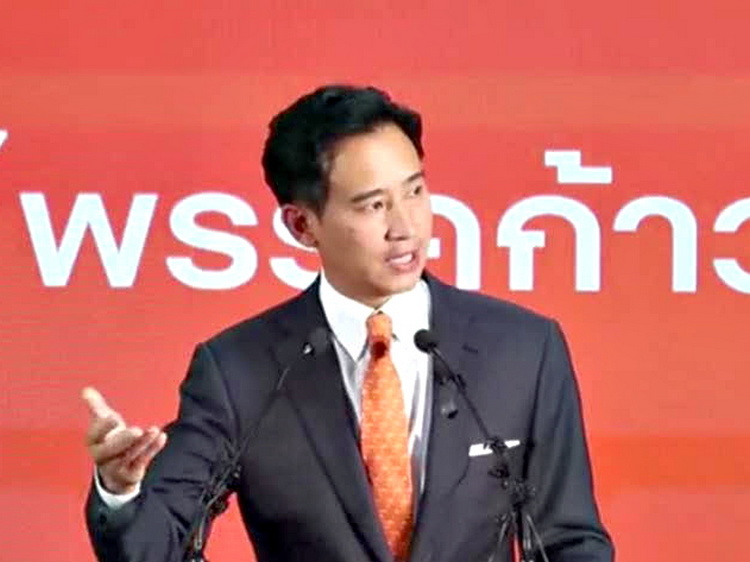
The amazing Thai general election win by the youth-inspired Move Forward Party has shaken the country’s political foundation to the core. The 42 year old leader Pita Limjaroenrat looks likely to be the next prime minister. His Party scooped up 151 seats – including virtually all of Bangkok and seven out of ten wins in Chonburi province which includes Pattaya – whilst his Shinawatra-backed Pheu Thai ally took 141. They in turn have invited four small parties to join the coalition to make a grand total of 309 seats in the 500 member seats of the House of Representatives.
In Thailand’s convoluted constitutional arrangements, there are still hurdles to overcome. The unelected Upper House or Senate has 250 members, all appointed by the military junta after the 2014 coup, who also vote individually for the position of prime minister. However, they are unlikely to upset the apple cart, especially as retiring prime minister and coup master General Prayut Chan-o-cha has stated publicly that he accepts the results of the general election. Another issue is the possibility that the constitution court will ban Pita from becoming an MP because he illegally holds shares in a defunct media company, or even outlaw the whole Move Forward Party. Again that’s unlikely as the Electoral Commission chairman Ittiporn Boonpracong said today “an inquiry has already been held”.
Although Pheu Thai will be a major coalition partner, there is significant disappointment that the Party did not win more seats. A Pheu Thai source told Pattaya Mail that people had grown tired of the tug-of-war between exiled premier Thaksin Shinawatra and the military-backed government. Many voters, especially those under 35 and those participating in elections for the first time, wanted to move on from populist policies and seek large-scale institutional reforms as promised by Move Forward. These include abolition of military conscription, a new and anti-dictatorship constitution, an end to monopolies and serious revision of lese majeste laws which can currently mean up to 15 years in jail for insulting His Majesty the King or near relatives.
Although Thailand’s traditional and royalist elite, as well as many senior citizens, object to Move Forward’s radical agenda, they will seek refuge in the fact that the Party does not have enough votes on its own to realize the worst-case scenario as they see it. Pheu Thai, for example, is on record as being opposed to attacks on the treason laws although they do agree for the matter to be on the parliamentary agenda. Although Thai political history is littered with “accidents”, it does appear that Thailand is now at a turning point. “It’s pretty remarkable,” said Susannah Patton an Asian specialist at the Lowy Institute. Indeed it is.





